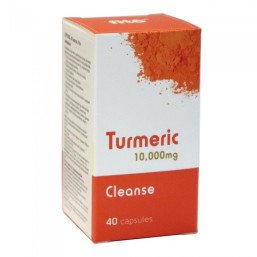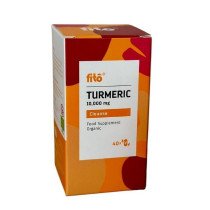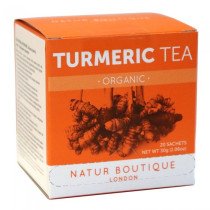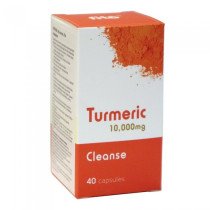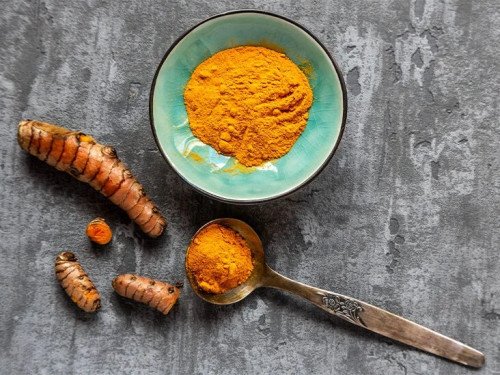
What is turmeric?
Turmeric is a spicy spice and medicinal plant that has many useful properties. One of the most studied plants in the world.
Turmeric is a natural antibiotic, antioxidant, has a powerful anti-inflammatory effect, suppresses the growth of tumor cells and protects against the development of atherosclerosis.
Turmeric for weight loss
The use of turmeric suppresses cravings for sweet and fatty foods, which makes it an excellent tool for weight loss.
Curcumin is the main active substance of turmeric, an antioxidant from the group of polyphenols, prevents the growth of fatty tissues.
Therefore, turmeric, which is also called "yellow ginger", is successfully used in the correction of excess weight.
Turmeric has a positive effect on the normalization of metabolism in the body.
By consuming turmeric regularly, your body will not only efficiently burn calories, but it will also help remove excess fluid from the body, lower cholesterol, and improve the cardiovascular system.
Turmeric and traditions
In the East, a wide variety of dishes are prepared with turmeric - meat, fish and vegetable dishes. At the same time, turmeric is considered one of the non-Yurvedic spices.
Residents of Eastern countries believe that turmeric has a pronounced antibacterial effect, cleans wounds and regulates the work of the gastrointestinal tract.
In Vietnam, turmeric is actively used for cosmetic purposes and is applied to burns, scars, and acne.
In Indian folk medicine, turmeric is used as a remedy for stomach disorders, a bile stimulator, and a liver enhancer.
The use of turmeric in medicine
Treatment with turmeric has recently become widely used by Western specialists, although it has been used in traditional Eastern medicine for thousands of years.
In a year, up to 250 articles on research on the beneficial properties of turmeric appear in the scientific literature.
Research results show that diseases in which turmeric has a therapeutic effect are:
• Various diseases of the liver and pancreas (chronic hepatitis, pancreatitis)
• Diseases of the stomach and intestines (gastritis, colitis)
• Acne (acne)
• Skin cancer
• Diseases of the cardiovascular system (atherosclerosis)
• Inflammatory processes in the joints (arthritis, rheumatoid arthritis, osteoarthritis)
Turmeric and research
Research has shown that curcumin (the active ingredient in turmeric) is as powerful an antioxidant as vitamin C and E.
The anti-inflammatory effects of turmeric have been studied since 1971 and found that turmeric can compete with the popular synthetic glucocorticoid drug hydrocortisone in reducing pain and range of motion associated with various forms of arthritis.
Curcumin increases the production of bile by the liver, improving the breakdown of fat during digestion.
Some studies indicate that turmeric protects the liver from damage caused by alcohol and toxins.
While in experiments on animals, curcumin showed a decrease in the secretion of gastric juice, protecting the mucous membrane of the stomach and small intestine.
What are the benefits of turmeric?
The useful properties of turmeric include:
Antioxidant
Anti-inflammatory
Analgesic
Antibacterial
Anti-cancer (slowing down the division of cancer cells)
Anticoagulant (prevents platelet aggregation, thrombus formation)
Lowering the level of low-density cholesterol (bad cholesterol),
Stimulation of immunity and increased strength to fight stress
Harmfulness of turmeric and contraindications
Since turmeric is considered a very strong spice, certain caution should be observed when using this plant and, if necessary, consult a doctor.
Long-term use or overdose of turmeric can cause stomach discomfort.
Turmeric is contraindicated in biliary tract obstruction and requires caution when taken in combination with anticoagulants or platelet aggregation inhibitors.
Turmeric in dietary supplements and dietary supplements:






